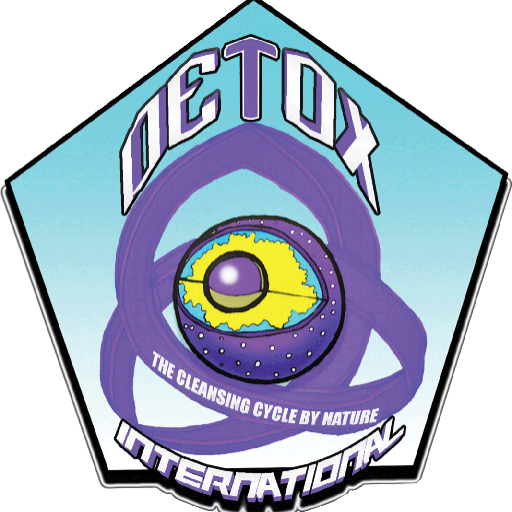Iodine
15 +/- parts per million
Iodine is called the “metabolizer.” It is one of the most vital of the biochemical elements and has one of the highest vibratory frequency rates of all the elements.
It mainly affects the thyroid, which not only controls many important functions in the body, but also keeps us in a quickened state of health. Iodine restores heat and assists calcium in the repair and building of tissue in the body. Iodine is stored mostly in the thyroid, and in smaller amounts in the muscles, skin, and bones.
The thyroid gland secretes iodine. Hormones produced by the thyroid regulate and control the metabolism of the body, increasing the assimilation of salts. They also control digestion, heart rate, body temperature, nervous system, reproductive system and body weight. Iodine protects the brain by destroying harmful toxins and helps neutralize toxins in the rest of the body. Iodine aids the assimilation of calcium and silicon. Skin problems such as dry or scaly skin are indicative of an iodine deficiency. A regular elevated intake of iodine would be required to produce iodine toxicity. Allergic reactions to iodine occur occasionally, manifesting as skin rashes or acne.
Some symptoms of an iodine deficiency:
Acne
Hyper and Hypo -thyroidism
Cretinism
Lethargy
Depression
Miscarriages
Frustration
Scaly or dry skin
Goiter
Sterility or Infertility
Hormonal imbalance
Natural sources: seafood, kelp, eggs, papayas, mango, pineapple, dulse.

